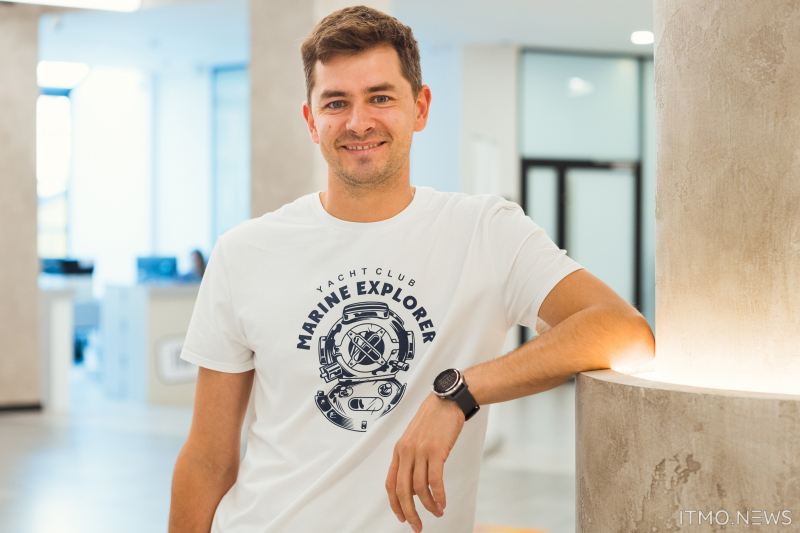Expanding ITMO’s online presence
Even though ITMO already collaborates with Open Education, Stepik, and many other educational services, its own platform is a chance to open up more opportunities for lifelong students and course creators alike. Not only does it offer access to the university’s best courses but also makes it easier for specialists to create their own. With the new service, creators can receive full assistance in matters that go beyond their expertise, such as defining a target audience, selecting a format, shooting, and receiving feedback.
Other than supporting new programs, the platform can also help current developers to make their courses more engaging by analyzing their profit and creating a marketing strategy:
“We’re bullish about transferring our vast experience into a highly efficient product that addresses pressing challenges and meets market demands. As soon as our catalog is complete, we will be able to help the authors of existing courses expand their reach correctly using marketing and sales tools,” explains Timophey Popov, a project curator and an advisor to the First Vice Rector.
The service is open to specialists not only from ITMO but also other universities, too, as well as experts in relevant fields, such as IT, technology, or business.
How to create a course
Any lecturer, staff member, industrial partner, or even ITMO student can visit ITMO’s Center for Continuing Professional Education to submit their application. The program is available for projects at any stage of completion, even if it’s only an idea for now. The center’s staff will lend a hand in various aspects of course production, from developing a topic and content to training support and customer services.
The experts will review all the applications and invite candidates to interviews during which they will discuss their course’s content and benefits, whereas marketing specialists help aspiring developers find a target audience and promotion channels.
Apply via this link.

Timophey Popov. Credit: Dmitry Grigoryev for ITMO.NEWS
Current courses
As of now, the service offers nine courses, with most of them having been finished and tested. For instance, the course Крипта: от теории к практике (Cryptocurrency: From Theory to Practice – Ed.) created by Alexandr Kapitonov, the dean of ITMO’s Faculty of Infocommunication Technologies, welcomes new students every week.
There is also a number of video lectures (free for ITMO students and staff), such as Внутри Art & Science (Inside Art & Science – Ed.) from ITMO’s Art & Science Center and the already mentioned Крипта: от теории к практике (Cryptocurrency: From Theory to Practice – Ed.). The platform also expects to launch a video course on communication tools at the university from ITMO’s Department of Academic Affairs in the near future.
Among other upcoming releases are three educational programs in digital transformation (big data and machine learning in education and industry), genetic consulting, and programming electronics (the development of electronics using programmable logic devices).
Ten more courses in data analysis, marketing, food technology, and modern educational technologies will appear on ITMO.Online by late 2022.
Prospects
The platform will closely concentrate on advanced training and soft skills courses for educators. ITMO has been long encouraging innovation in educational processes and administrative services. This is the only university in Russia where students can defend their thesis in the form of an art project or a business idea. Moreover, the university pays great attention to soft skills, student-teacher communication, administrative organization, digital transformation, and many other educational trends.
As shared by Timophey Popov, the service is soon to delight its students with a series of courses on communication systems in universities, education marketing, and learning mechanics, as well as inclusive education, new assessment formats, and data analytics in education.
“When we noticed that school teachers and lecturers are quite excited about our courses, we decided to focus on one particular group, thus ensuring a trusting environment within one community. Once students attend our classes, they’re eager to stay and learn more,” explains Timophey Popov.





